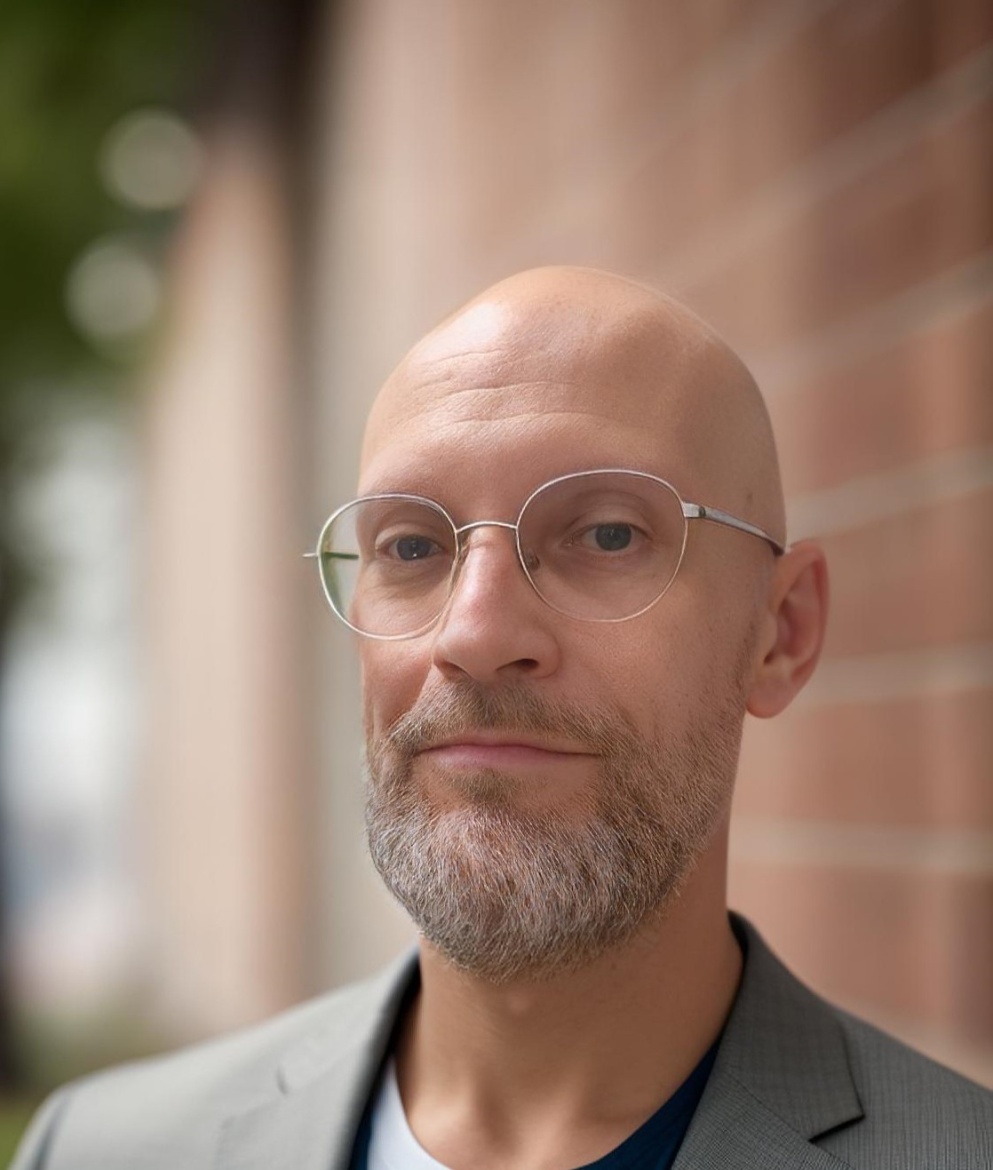Christians have been at the forefront of providing care for the sick and the marginalised since the time of Jesus.[1] His command to 'preach and heal'[2] has been central to the calling of Christian missionaries down the centuries. Though modern medical mission has only arrived in its current form in the last hundred and fifty years, nonetheless it is rooted in the same call to bring the gospel of reconciliation and healing to all humanity.[3]
However, healthcare mission is in a state of rapid change. Mission hospitals were often seen as, at the very least, a necessary evil by colonial governments. After independence some were taken into government control, while others continued as Christian institutions. But the role of the Christian hospital is now primarily in ministering to the poorest and most marginalised of communities.
Meanwhile, in the latter part of the twentieth century Christian groups, in Africa in particular, began to respond to the challenge of HIV and AIDS, by developing care programmes, supporting orphans and vulnerable children, and running prevention programmes. Historically, the international health community has not taken much interest in this work. However, in the last two or three years the World Health Organisation, UNAIDS and others have recognised the role played by Christian and other faith based groups, and are beating paths to our doors.[4] Should Christian organisations welcome this as an opportunity or view it as a threat? To answer this we first need to understand the way that global health strategies are being set and implemented, and what their strengths and weaknesses are. Secondly we need to understand the strengths and weaknesses of Christian healthcare mission.
Global health strategies
Recent decades have seen a range of global strategies coming from the World Health Organisation and other bodies: Health For All by 2000; Roll Back Malaria; the Millennium Development Goals. These have been funded by the major donor nations – in particular the US President's Emergency Plan for AIDS Relief (PEPFAR), and the initiatives of private charities such as the Bill & Melinda Gates Foundation and the Clinton Foundation.
All such strategies set agendas from the top down for how local and national strategies in health are to be tackled. Many are disease specific (eg PEPFAR); some are nation specific, and some specific to a particular health sector (eg Health For All, which focused on primary healthcare). The strength of such initiatives that they mobilise resources to which the poorest countries and communities could never normally hope to gain access.
The downside is that the agendas are being set in the West by those with varying degrees of knowledge and contact with what is happening on the ground. In some cases there has been little or no consultation at local level before introducing initiatives. This also happens at the smallest philanthropic level – such as mission hospitals being saddled with vast quantities of drugs or equipment that are of no use to them by a well meaning donor in the West.[5]
At a national level it is even more of an issue. For example, the government of Mozambique recently found itself on the receiving end of PEPFAR funding with no prior consultation. It was being expected to use US approved and funded antiretroviral drugs when it already had agreements with generic pharmaceutical manufacturers and the Global Fund to treat its HIV positive population with cheaper generic versions of the same drugs. Furthermore, the US programme would have put considerable funds into employing foreign consultants rather than into local services.[6]
Anecdotal reports reveal poorly staffed and equipped hospitals that have a brand new, hi-tech, well resourced research and treatment centre in the grounds (usually paid for by a European or North American University or government). This is demotivating for the hospital staff, who can see their colleagues with better resources and with better pay working at the foreign research establishment, while they struggle to care for their many patients with few resources and inadequate pay.
Furthermore, the focus of funding and policy on major illnesses such as HIV/AIDS may lead to disinvestments in other initiatives that have been reducing significant, if non-fatal causes of morbidity among the poor. This is ironic, as programmes that tackle common infections and parasitic conditions often achieve greater health benefits, and are also cheaper and more cost effective. Linking together such programmes can increase the effectiveness of both (eg connecting measles vaccination programmes with the distribution of insecticide treated bed nets for malaria prevention).[7,8]
Christian healthcare mission
One of the great strengths of most Christian healthcare is that it is locally led, responsive to immediate needs, and supported by the worldwide Christian community. That is not to say that we get it right all the time, or that we have all the funding we need, but we are often closer to the grass roots needs of the poor, more flexible and less bureaucratic. Indeed, often the Christian poor themselves initiate the health work. The response to AIDS has been huge in many parts of Africa – as much as 60% of care responses, especially to the terminally ill and to AIDS orphans, have come from local churches with few resources. The danger for these initiatives, and larger mission and church hospitals, is that international donors will wish to set agendas different to those which motivated the work in the first place, forcing small agencies and hospitals into areas of care in which they have no skills, simply to attract funding. Furthermore, this funding requires extensive administration, monitoring and feedback, increasing bureaucracy and diverting energy from front line work.
Trusting chariots
Scripture warns us about relying too heavily on the world. For example, Isaiah 31:1 cries:
'Woe to those who go down to Egypt for help, who rely on horses, who trust in the multitude of their chariots and in the great strength of their horsemen, but do not look to the Holy One of Israel, or seek help from the LORD.'
There is a very real danger that too close a relationship between Christian and secular organisations might make us lose our way, becoming less distinctively Christ-focused in our motivation, ethos, and practice as a consequence of trusting in the 'chariots' of the WHO, UNAIDS, PEPFAR and the Global Fund, rather than in God.
On the other hand God is Sovereign over the whole world. Might he not therefore use secular organisations to further his ends in the same way that he used the Persian king Cyrus?
'I will raise up Cyrus in my righteousness… He will rebuild my city and set my exiles free' (Isaiah 45:13)
Nehemiah also asked Artaxerxes King of Persia for permission and provisions to rebuild the wall of Jerusalem (Nehemiah 2:4-9). Should we therefore automatically discount secular sources of funding? There may be ways of avoiding bureaucratisation, for instance by working as syndicates, with larger agencies acting as local hubs administering the money to smaller initiatives. Rather than avoid big donors, we need to look at how we work with them creatively without compromising our ethos and integrity.
Another issue is whether these global health strategies actually work. Health For All has failed,[9] the Millennium Development Goals look to be nearly dead in the starting blocks,[10] while the WHO's plan to get three million poor people on HIV anti-retroviral therapy by the end of 2005 (the 3 by 5 Initiative) was not even 25% complete by mid 2004.[11] One of the reasons these initiatives have failed in the past is that they were not based on local consultation. However, this is changing and where we have a voice to influence policy makers we should use it to help set international health strategies.
Another reason for failure is that national governments in both the rich and poor nations have had other issues on their agendas, and have either failed to put health initiatives into practice or have been seduced by glamorous, expensive initiatives that benefit only the elite.[12] Christians worldwide should be raising their voices to challenge this complacency.
I would argue therefore that turning to the international community to fund and resource our work may provide an opportunity for Christians to be a voice for the poor and a challenge to those in influence. The Bible exhorts us to be involved in this kind of work, Isaiah 1:17 encouraging us to seek justice and encourage the oppressed, and Proverbs 31:8-9 to speak up for those who cannot speak for themselves and defend the rights of the needy.
While international bodies are open to work with Christians, we should be prepared to take the opportunity to be a voice for the poor and vulnerable, and to be advocates for change. But we need to be wise as serpents and innocent as doves[13] in our dealings with these bodies if we are not to find the gospel imperatives that we work from lost underneath a welter of well-meaning but ill-conceived initiatives.
































